How Golf Cart GPS will positively impact a course’s pace and flow of play
The modern golfer, which includes regular players as well as those who have just started out, trusts that courses are utilizing golf cart GPS technology to ensure a steady pace and flow of play.
Pace of play has never been more important, as the influx of new players continues. More than 26 million Americans played on a golf course last year, and the National Golf Foundation (NGF) reports that in excess of 120 million Americans over the age of 5 – a third of the population – “played golf (on-course or off-course), followed golf on television or online, read about the game, or listened to a golf-related podcast in 2023.”
This growth presents both an opportunity and a challenge to course operators, who must balance the high number of new players with maintaining a good pace and flow of play.
For effective and proactive pace management, here’s how courses are utilizing technology.
Real-time oversight and line of sight with golf cart GPS
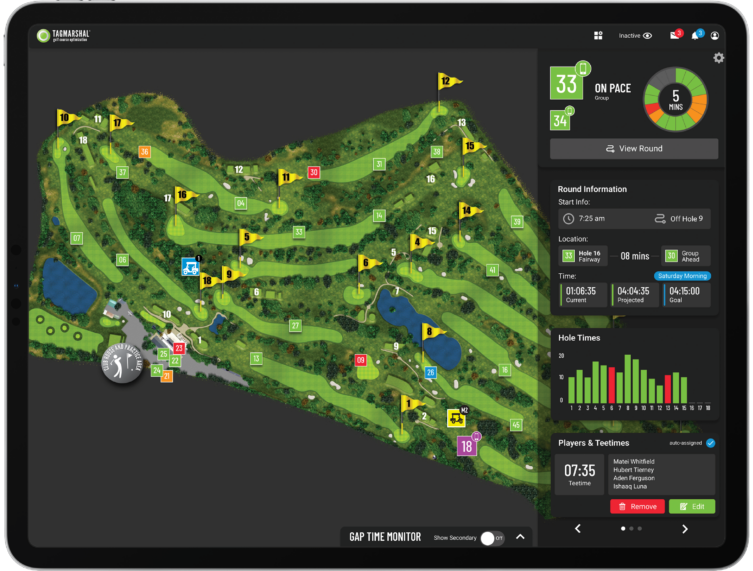
Prior to golf cart GPS technology, operators had a limited understanding of where each playing group was on the course, based largely on reports from marshals.
If they needed to address a specific group, a marshal would need to be dispatched to find them – in many ways, flying blind as they drove around the course trying to find the slow group.
Now, with the ability to look at the Live Map and know instantly where each playing group is, operators have full oversight from their office. The Live Map can also be monitored by marshals via tablet or mobile phone, while on the go.
We recommend reframing marshals as player assistants. This repositions their roles and moves expectations away from policing perceived slow play without data, and towards facilitating a better experience for golfers.

Tagmarshal has been such a game changer for us. We have 360-degree coverage of our golf course and we can see what the pace of play is with a glance at a screen.


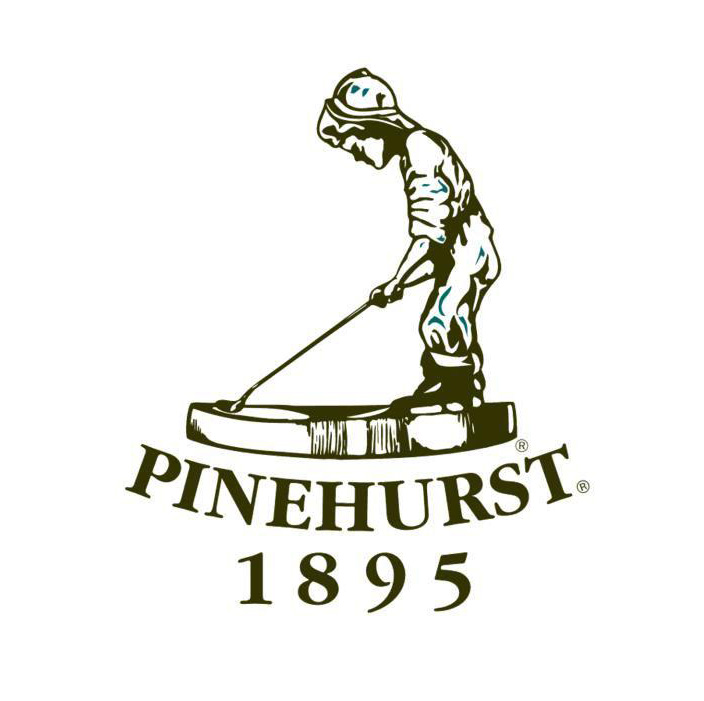

The data and real-time view of the course is a huge bonus and our average round time is now below our goal time. The member benefit and value add are plain to see.

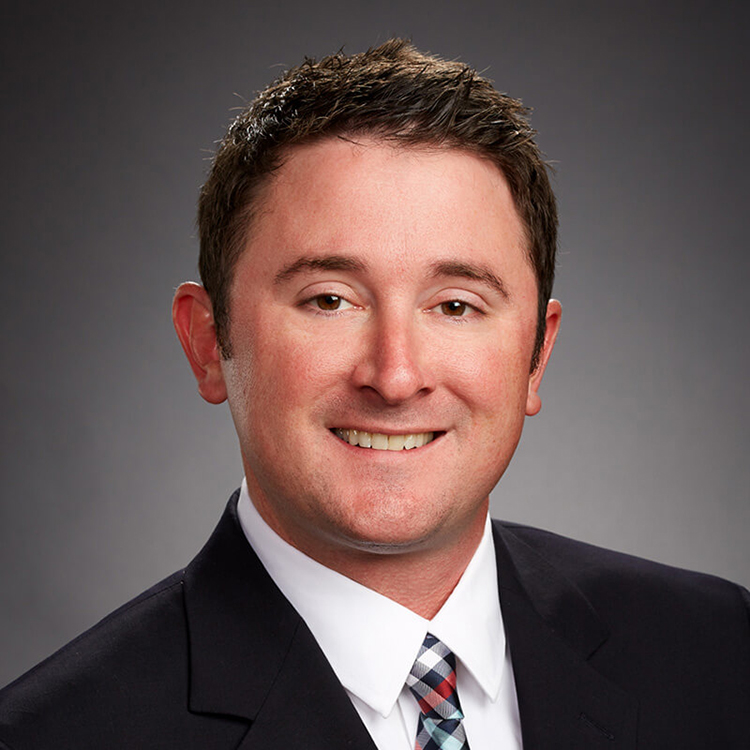
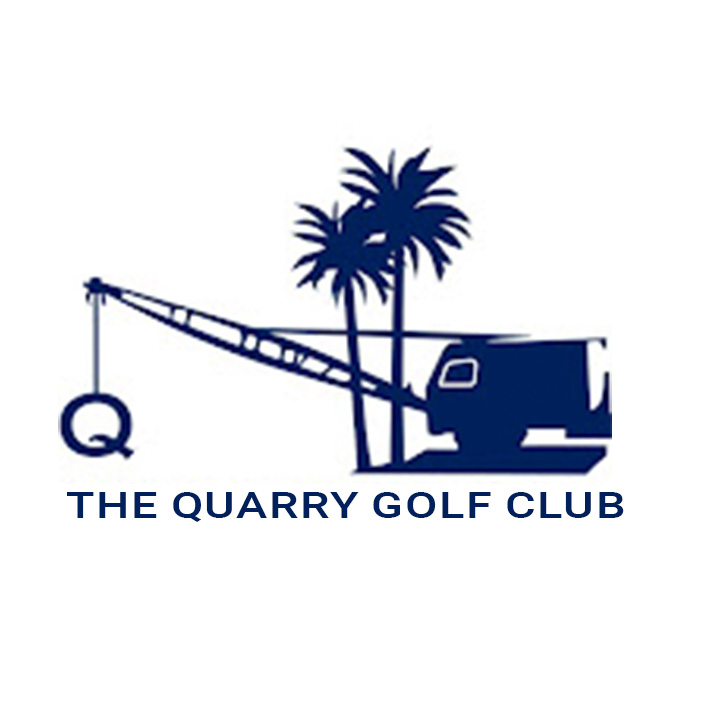
Using golf cart GPS for proactive pace management and early interventions
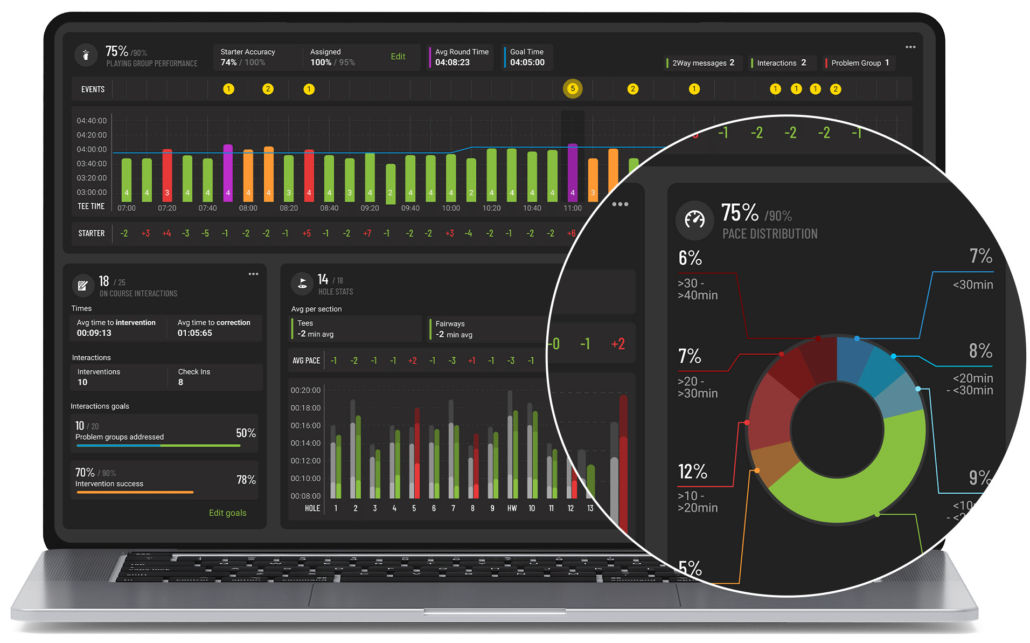
Traditional marshaling efforts, without the benefit of golf cart GPS, involve a large number of on-course staff reacting to pace and flow issues once they are already affecting the field.
With real-time monitoring of the field and the predictive power of Tagmarshal’s system, operators can now be proactive in how they manage this crucial aspect of the player experience.
Tagmarshal’s powerful algorithms, based on in excess of 10 billion data points from more than 75 million tracked golf rounds, predict pace and flow issues before they impact the entire field. Groups that need immediate attention are highlighted.
Interventions made early in a round are far more effective in aiding pace and flow than those made after the turn, and also set the tone by clearly communicating with players what is expected of them.
The Pace Disruptors feature (formerly known as Problem Groups) uses automation to proactively identify playing groups that are out of position – defined as 10 minutes behind the interval time and 10 minutes behind the course’s goal time.
However, it’s important to note that operators can customize their thresholds and methodologies based on their own needs, so that they are only alerted when they deem it necessary.

The ability to really hone in and be proactive before things get out of control has paid huge dividends for us, having those guests come back again.




One of our goals is to manage our on-course staff, and Tagmarshal has equipped our staff to proactively manage the field, freeing up their time to spend on player satisfaction and service.


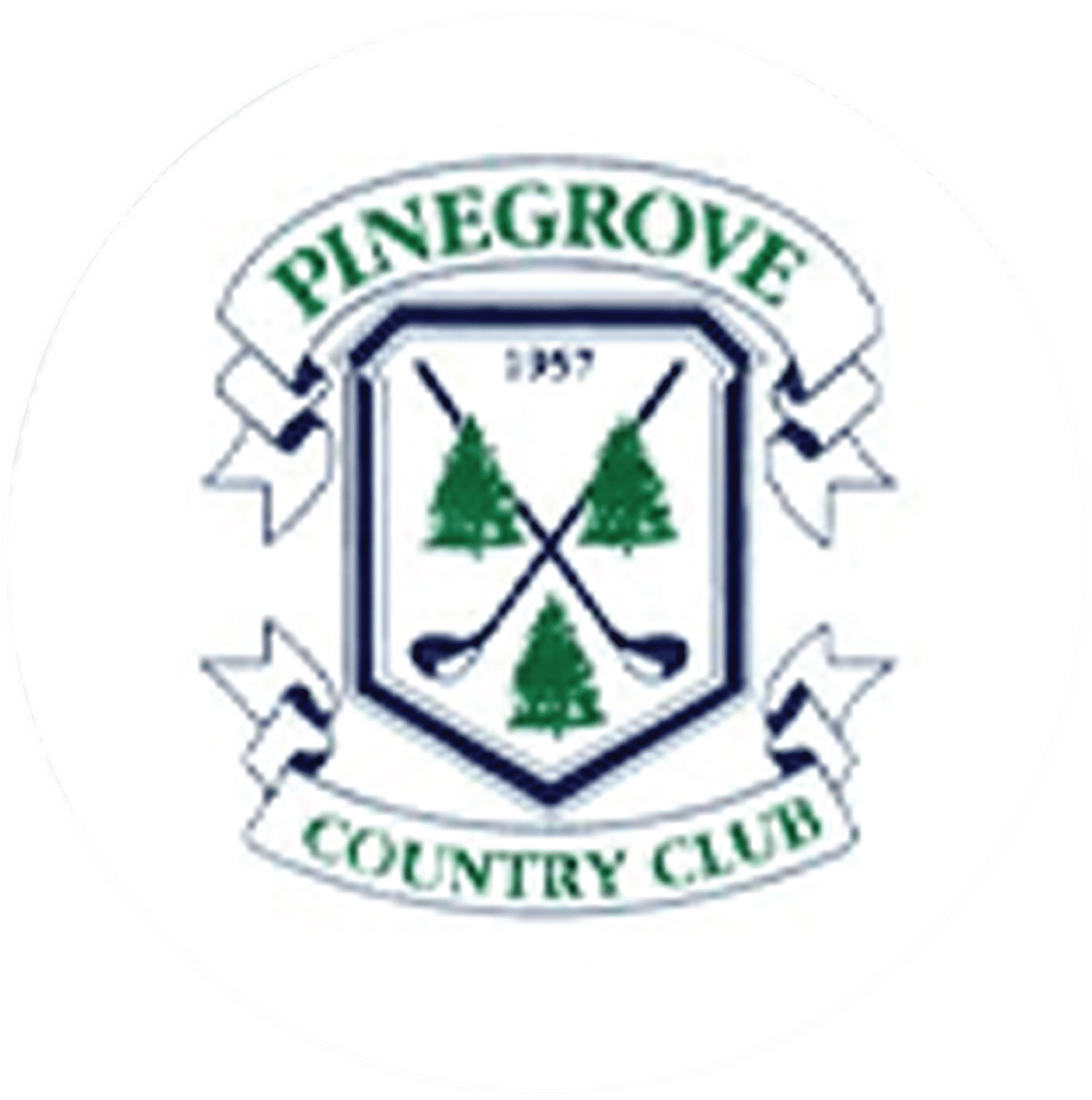
Improved on-course interactions and intervention success rates
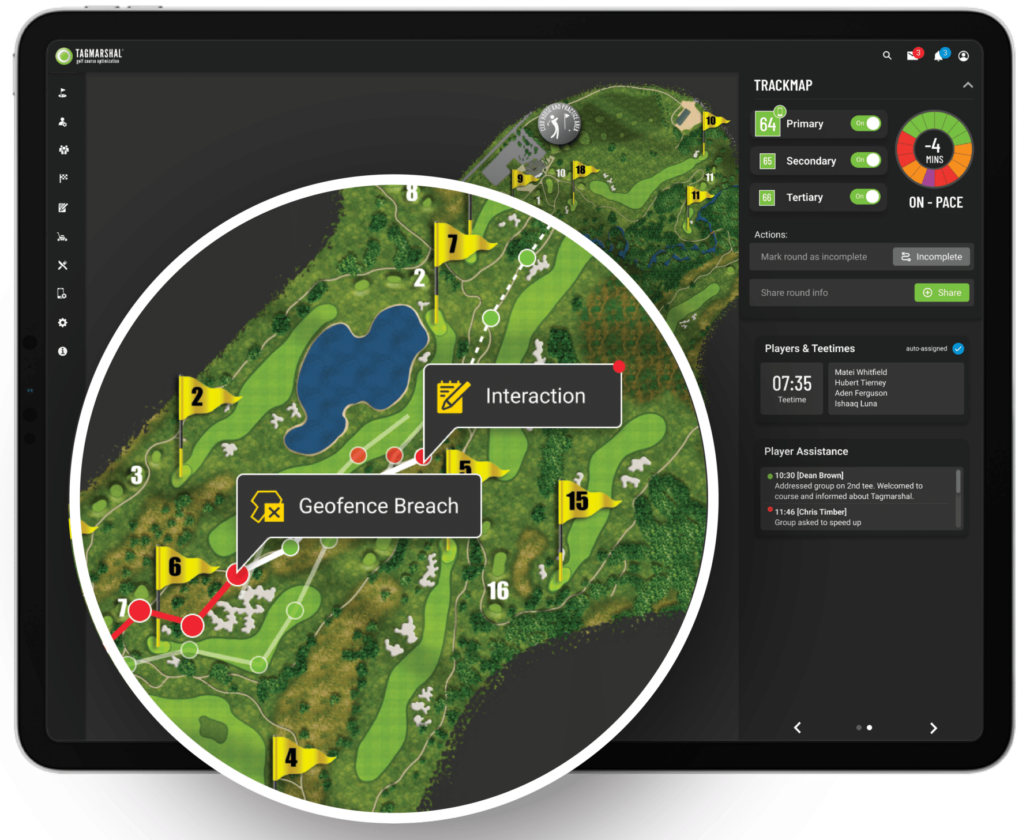
Player assistants are able to completely change how they interact with golfers on the course thanks to the information provided by golf cart GPS.
The data that operators and their teams have at their disposal means that any on-course interventions are now neutral, fact-based discussions instead of a ‘gotcha’ conversation where players can feel unfairly targeted.
Additionally, once players see the depth of the data player assistants now have on hand, it’s far easier for them to see that the course is placing value on their time and experience. This helps with securing their buy-in, driving compliance and a degree of self-policing.
Using the technology, operators can also measure how effective their team is with on-course interventions. When an on-course intervention results in a group getting back on pace and finishing the round within the goal time, an intervention will be considered a success.
They can set their team goals to steadily increase the success rate, aiming for incremental improvements that, over time, will result in sizable gains.

We love that the system measures our pace intervention effectiveness – how long did it take for our marshal to chat with a slow group, and how long did it take for them to get back into position.


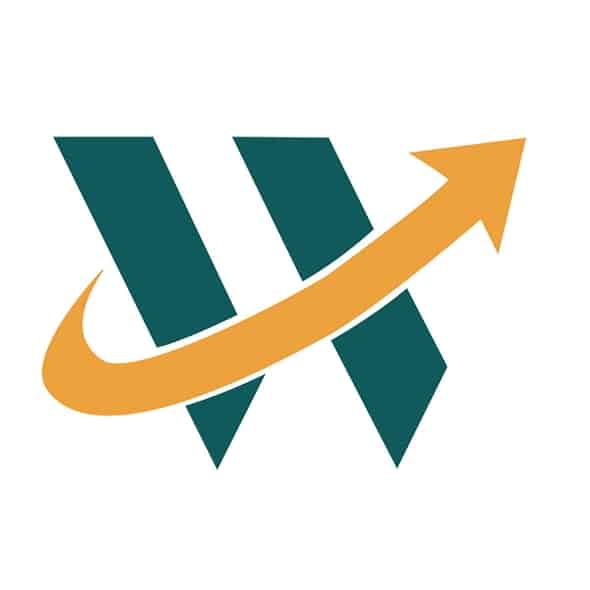

People are just that much more receptive when interventions are based on evidence. Tagmarshal has been a very good addition to have this information readily available.



Tracking starter accuracy with golf cart GPS
There is no need for courses making use of Tagmarshal to manually record starter accuracy.
As a playing group enters the first tee area, the GPS tracking device attached to the group will record the time and log that detail. This makes it far easier for operators to measure the impact poor starter accuracy has on pace and flow, and helps them identify specific times of the day, or days of the week when this is particularly important.
A starter can then focus on what is really important, such as educating players on the course’s pace of play policy and expectations, as well as providing them with any additional information they may need to make the most of their round.
Golf cart GPS and direct messaging capabilities
At courses where the technology in use includes 2Way screens, players and staff are able to send direct messages. From an operator perspective, this makes it far easier to proactively intervene when a group starts to fall out of position.
Rather than a player assistant needing to travel to the group in question, a message can be sent to the screen requesting that they get back into position. In order to continue to make use of the to-the-pin yardage capabilities of the 2Way screens, players need to acknowledge that they have seen the message.
These messages can be automated so that they are triggered as soon as a group falls a certain number of minutes off pace, or sent manually by staff members who are actively monitoring the Live Map.
As part of the innovative new feature range, direct messages to players can now be sent directly from the Live Map sidebar, further aiding early interventions.

We have proactively been using the 2Way messaging to save time with groups that are out of position. Tagmarshal keeps play going! We also love being able to send weather alerts to everyone if there is a storm approaching.



We love the 2Way messaging feature. Along with communicating pace, we can improve the on-course service we offer.

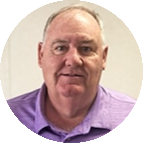
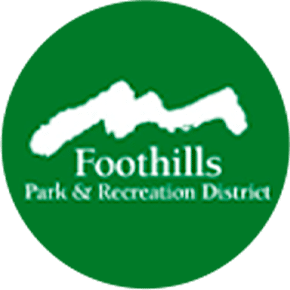
Optimizing the tee sheet with golf cart GPS
Ensuring a steady pace and flow of play involves more than just embracing technology to monitor players on the course.
The data gathered by Tagmarshal makes it easier for operators to identify times of the day and days of the week when the course plays quicker. Conversely, it also highlights periods where pace is a problem.
Courses should use this data to effectively allocate and utilize staff resources, reducing labor needs where they are not needed and redirecting them to periods that require more oversight.
That same data should also inform how a course sets up the tee sheet with regard to the gap intervals they use, as well as which players are allowed to play during which times of the day.
Integrations with leading tee sheet providers help build out individual player pace profiles, so that quicker players can be slotted in during times of the day when the desired round time is rapid. Players who consistently take longer to play their rounds can be assigned to tee times later in the day, where they will have less of an impact on course flow.

The data we obtained early in the season allowed us to determine how we operate the tee sheet for the best flow on our courses.




From the data, we know who our slower and quicker members are and we set the tee sheet up accordingly, which helps us a lot with course flow.

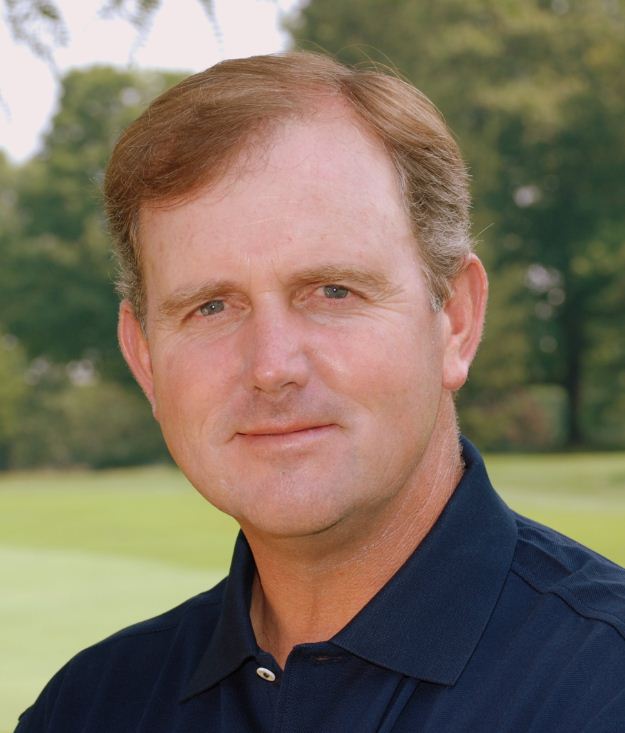
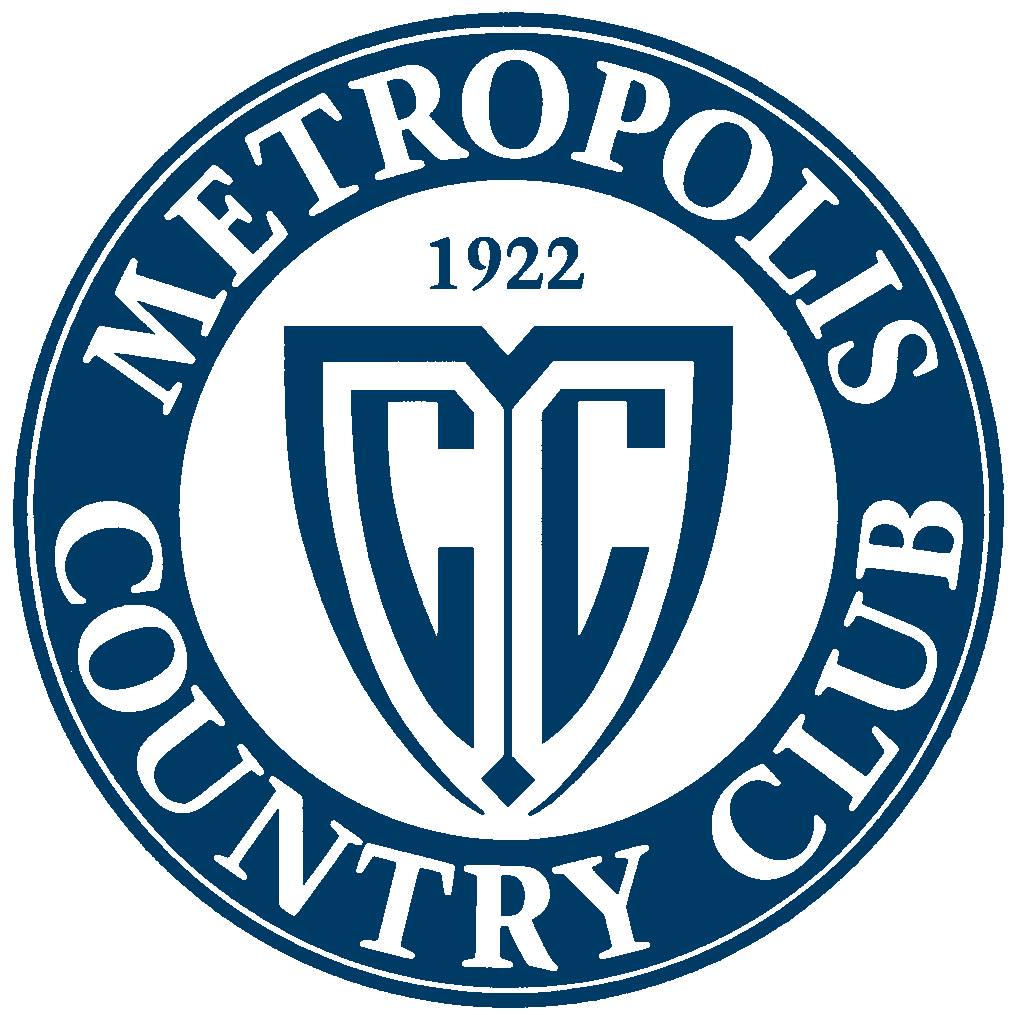
Golf cart GPS data and implementing a pace of play policy
Courses need golf cart GPS data in order to understand what is realistically achievable when it comes to pace of play.
There’s no use in asking players to play in under 4 hours if the course setup, or other factors outside of their control, make that impossible. Setting unrealistic expectations will frustrate players and decrease the likelihood that they buy into the measures put in place.
Instead, based on the data collected by Tagmarshal’s system, operators can formulate a fair policy. With real-time oversight and proactive pace management, their teams are empowered to enforce the rules in a way that resonates with golfers.

Tagmarshal has enabled us to effectively implement our pace of play policy, assisting us in reducing playtime, which allowed us to add additional tee times for extra capacity.

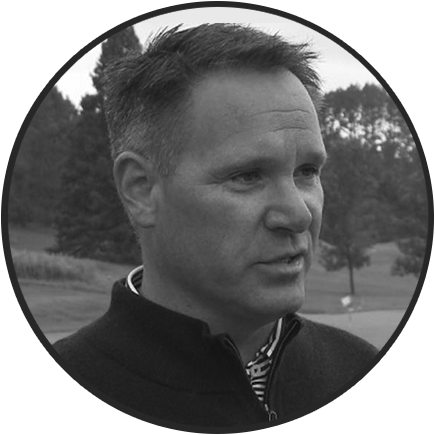


We wanted as much information as possible and Tagmarshal delivered on giving us the data we were looking for. This technology has been instrumental in helping us create rules and implement them in an objective manner.


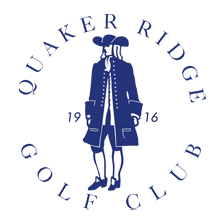
Post-round discussions powered by golf cart GPS
When a golfer consistently struggles to meet a club’s pace requirements and further discussion is needed, the data gathered will prove invaluable.
Before disciplinary action is taken, clubs can consider offering additional coaching, as well as assigning the player to afternoon tee times. Should the player still fail to improve their pace, then it may be a matter that is elevated to the board or committee level.
Having comprehensive data sets that show a player’s precise average round time, how many times they have been delayed by groups ahead of them, and how many times they have been responsible for delays, takes away much of the emotion and makes having these conversations a lot easier.

Using the player profiles, I can take all the emotion out and pinpoint exactly which members are struggling with pace in board meetings.




It’s great to have this concrete data rather than something that is pencil and paper to inform discussions with members.


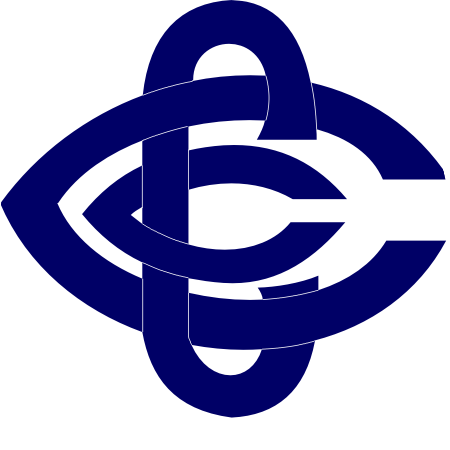
Using golf cart GPS data to inform hole setups and green speed
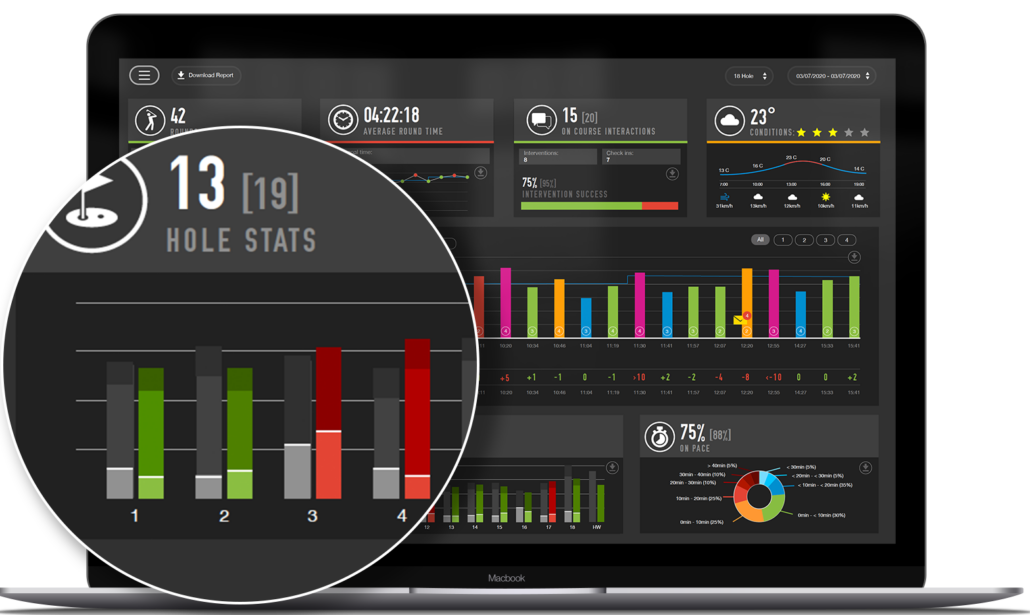
The data gathered by Tagmarshal’s system gives courses a far deeper understanding of flow, and exactly where on the course bottlenecks occur.
It’s often the case that a hole unexpectedly plays longer than anticipated, causing a backup of groups in its wake. Similarly, a hole that plays far quicker than expected leads to groups rushing through and, ultimately, backed up by the group in front.
Tweaks to course layout can be costly and time-consuming, but adjusting the difficulty of pin placement also plays a role. When an operator knows the course is going to be busy, choosing a simpler pin placement can help in getting players through at an acceptable place.
Green speed also plays a role. As much as golfers talk about liking quicker greens, data gathered by Pinehurst Resort shows the effect this has on pace of play.
Stimpmeter speeds of 10 to 10 ½ led to rounds around the 4hrs30min target for resort guests. However, when speeds exceeded 11, just 22% of rounds finished on pace.

I love the hole-by-hole data, which we use to adjust and tweak expectations to make sure that we are setting realistic pace targets for each hole.

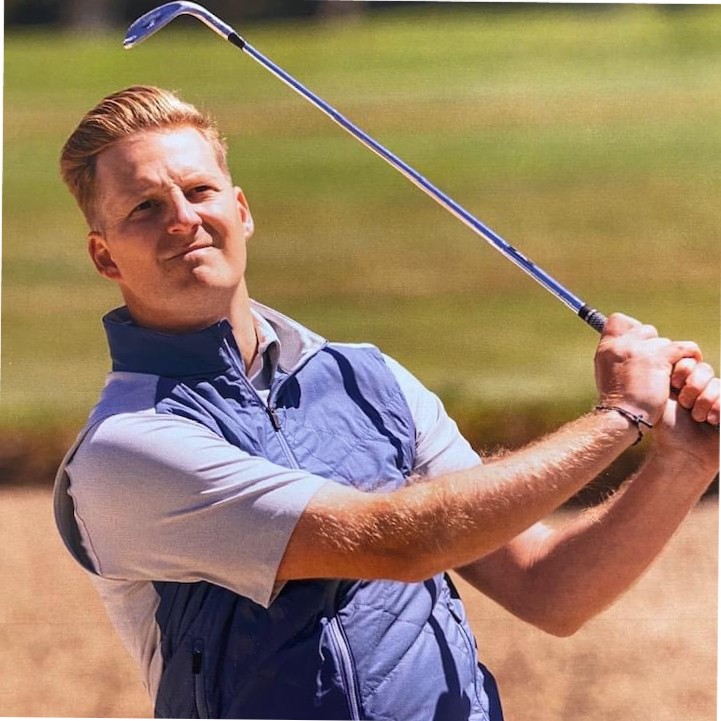
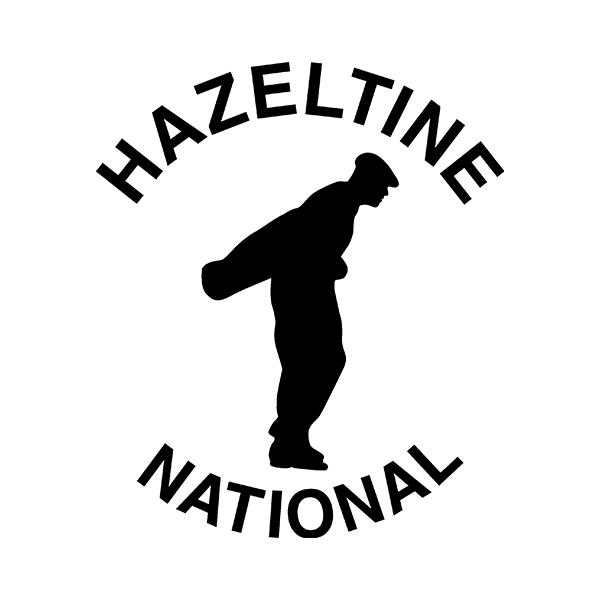

With Tagmarshal’s data, we can correlate hole times to specific pin placements and adjust accordingly ahead of busier days.



Conclusion
Delivering a steady pace and flow of play to golfers is now a non-negotiable for successful operators.
In addition, players expect a course to do everything in its power to provide the optimal player experience, including the increased use of data and technology, which is so prevalent in every other aspect of their lives.
By harnessing the full power of Tagmarshal’s system, and the data it gathers and presents, operators have the tools they need to ensure they optimize pace and flow to deliver the best possible player experience.
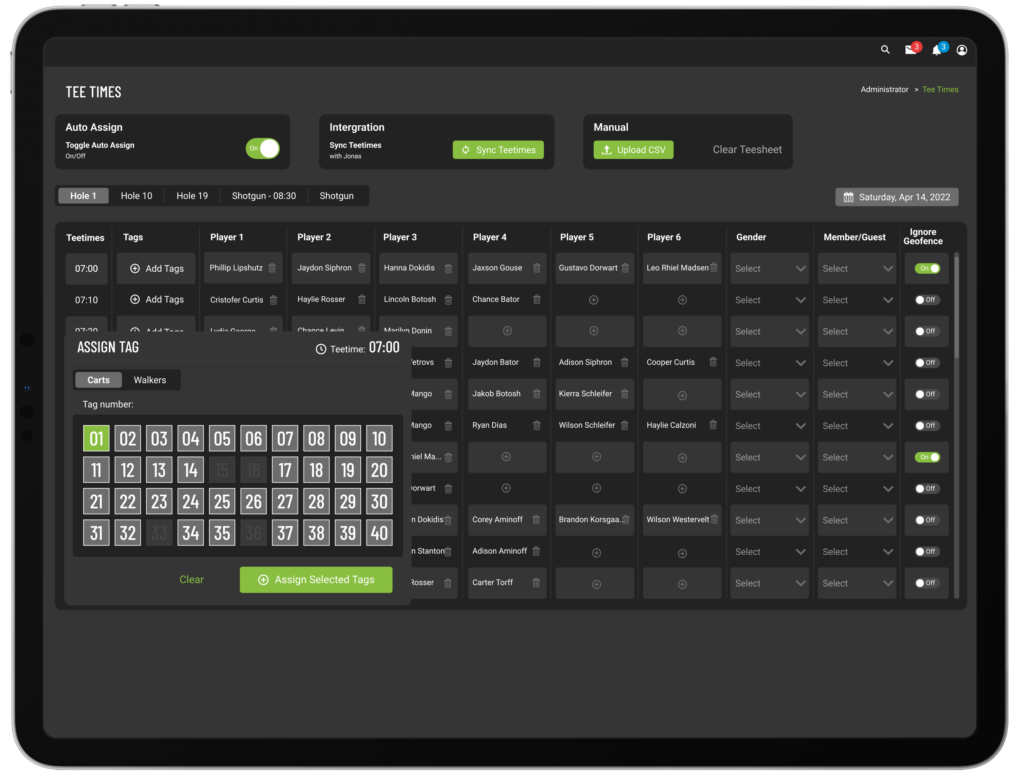
 WATCH DEMO
WATCH DEMO